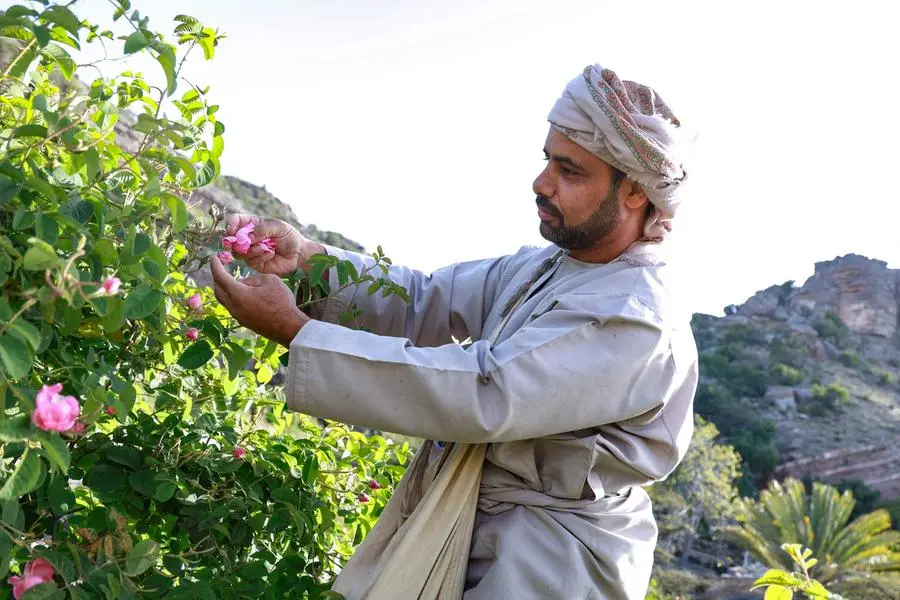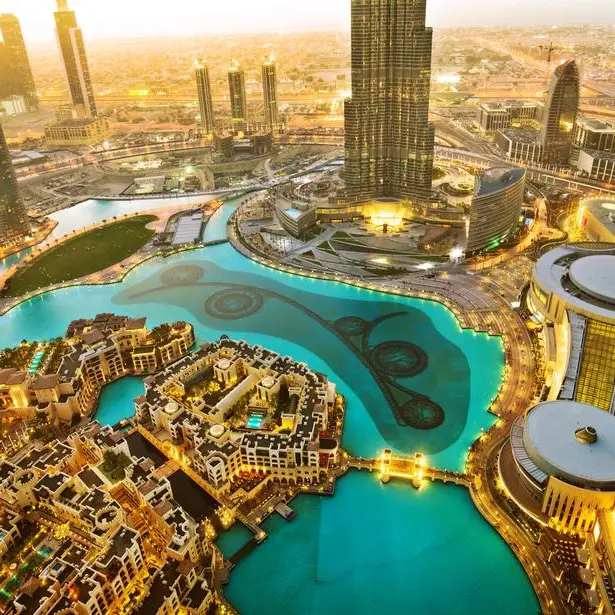PHOTO
Muscat – In landmark efforts for environmental preservation, His Majesty Sultan Haitham bin Tarik issued three Royal Decrees in 2024 establishing new nature reserves. These decrees reaffirm the sultanate’s commitment to safeguarding its rich biodiversity, unique ecosystems and geological heritage while promoting sustainable ecotourism.
The newly designated reserves – Al Jabal al Gharbi, Al Dhahirah and Wahat al Buraimi – take the total number of nature reserves in Oman to 30. This expansion highlights the country’s dedication to maintaining a balance that supports both wildlife and human communities. Notably, these reserves are located in governorates previously without protected areas, further strengthening conservation efforts across the sultanate.
Environment Authority has emphasised the critical role these reserves will play in preserving endangered species, diverse terrains and geological formations. The protection extends to both terrestrial and marine ecosystems, ensuring the conservation of habitats and natural landmarks that are increasingly threatened by human and environmental pressures.
Beyond ecological preservation, the reserves are set to bolster Oman’s ecotourism sector, offering visitors a chance to experience the country’s stunning natural beauty sustainably. This aligns with Oman’s broader environmental strategy, which focuses on establishing, managing and evaluating nature reserves to achieve long-term conservation goals.
Investment opportunities
The authority’s strategy includes promoting awareness campaigns and offering investment opportunities in various reserves to the private sector. Recent investment openings include Al Hajar Al Gharbi Starlight Reserve, Jabal Akhdar Reserve, Al Wusta Wetlands Reserve and coastal reserves such as Khor al Mughsail and Khor al Qurm al Kabir. These opportunities aim to merge conservation with economic development, supporting tourism and recreational activities while preserving natural resources.
These reserves contribute to improving air and water quality, mitigating climate change and reducing coastal erosion. They also serve as spaces for education, environmental research, and promoting public health and well-being. Furthermore, reserves preserve Oman’s national identity and cultural heritage, providing inspiration for writers, poets and artists while fostering a connection to traditional practices in natural resource management.
Through these initiatives, Oman continues to prioritise sustainable development and environmental stewardship, ensuring its natural treasures are preserved for future generations.
© Apex Press and Publishing Provided by SyndiGate Media Inc. (Syndigate.info).





















